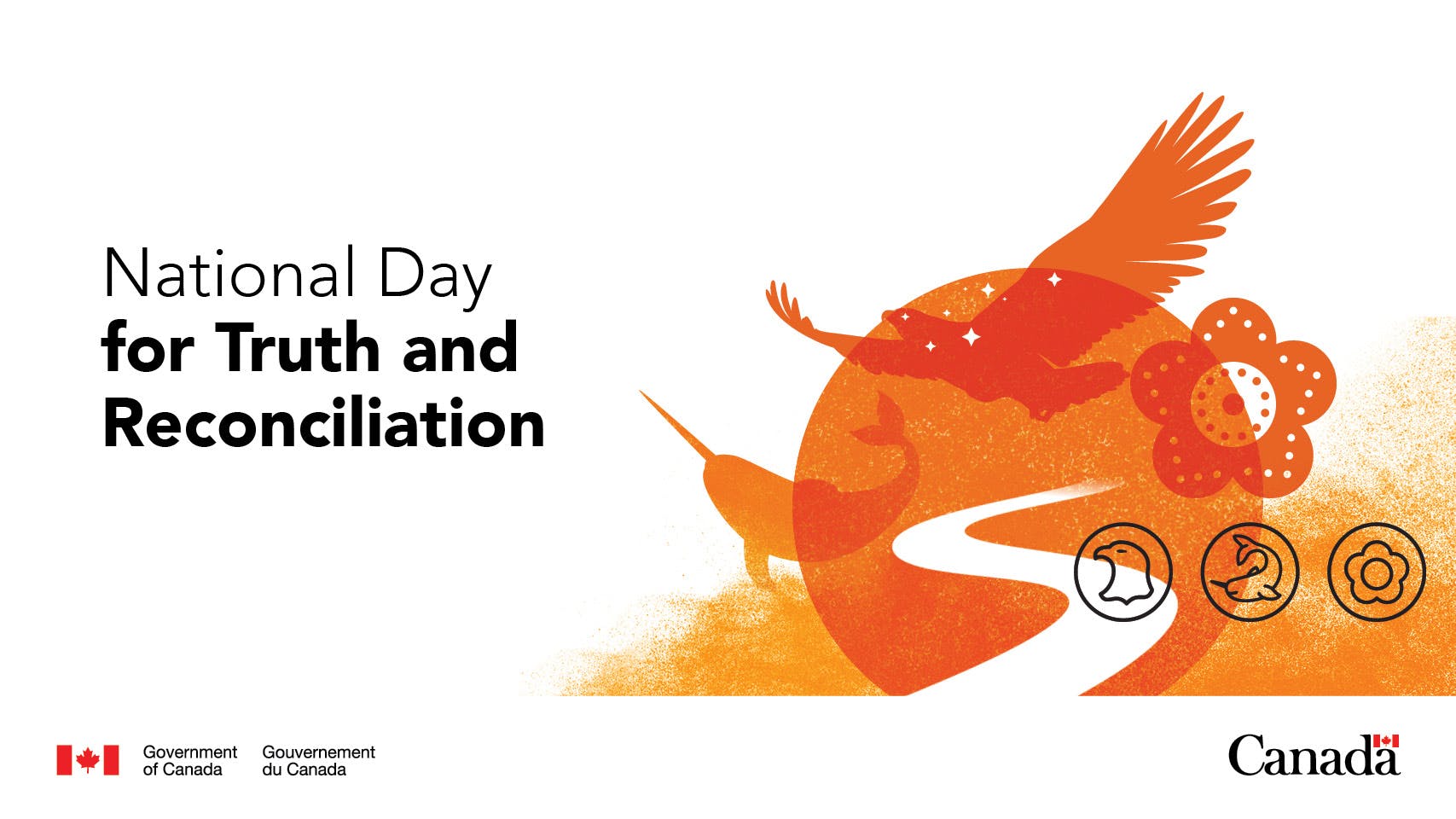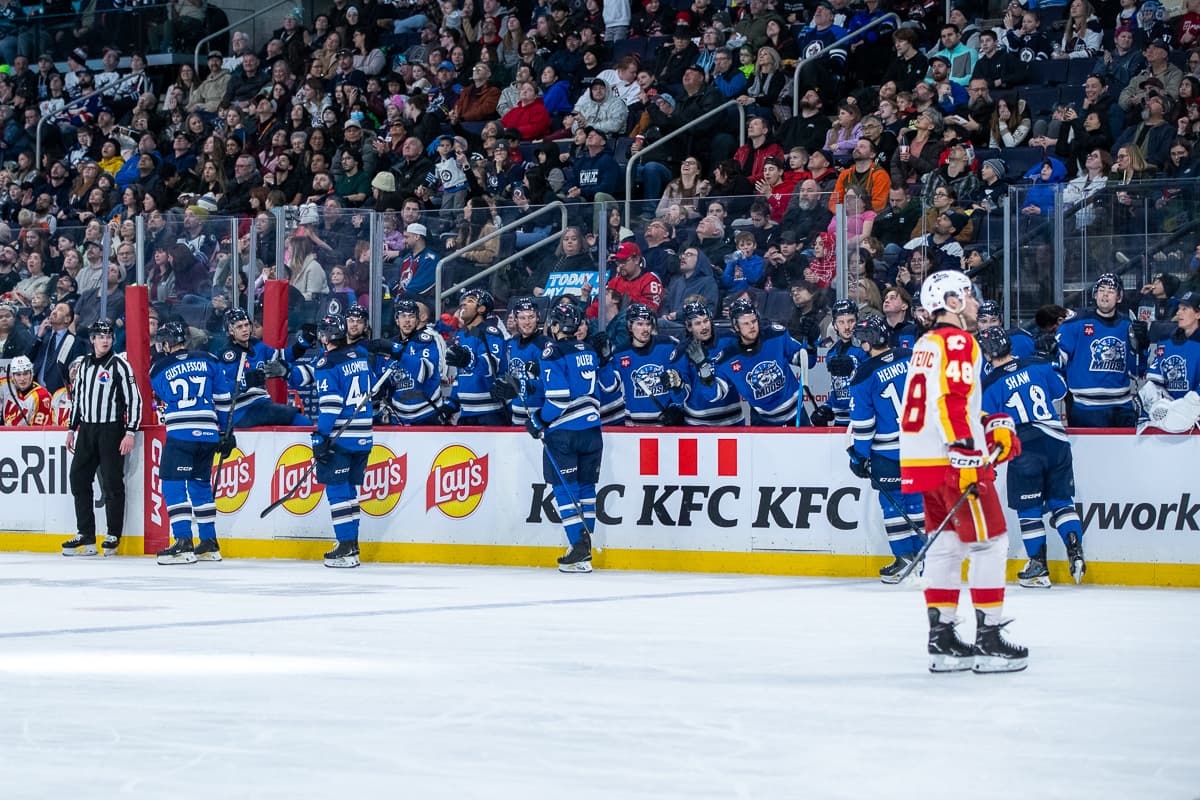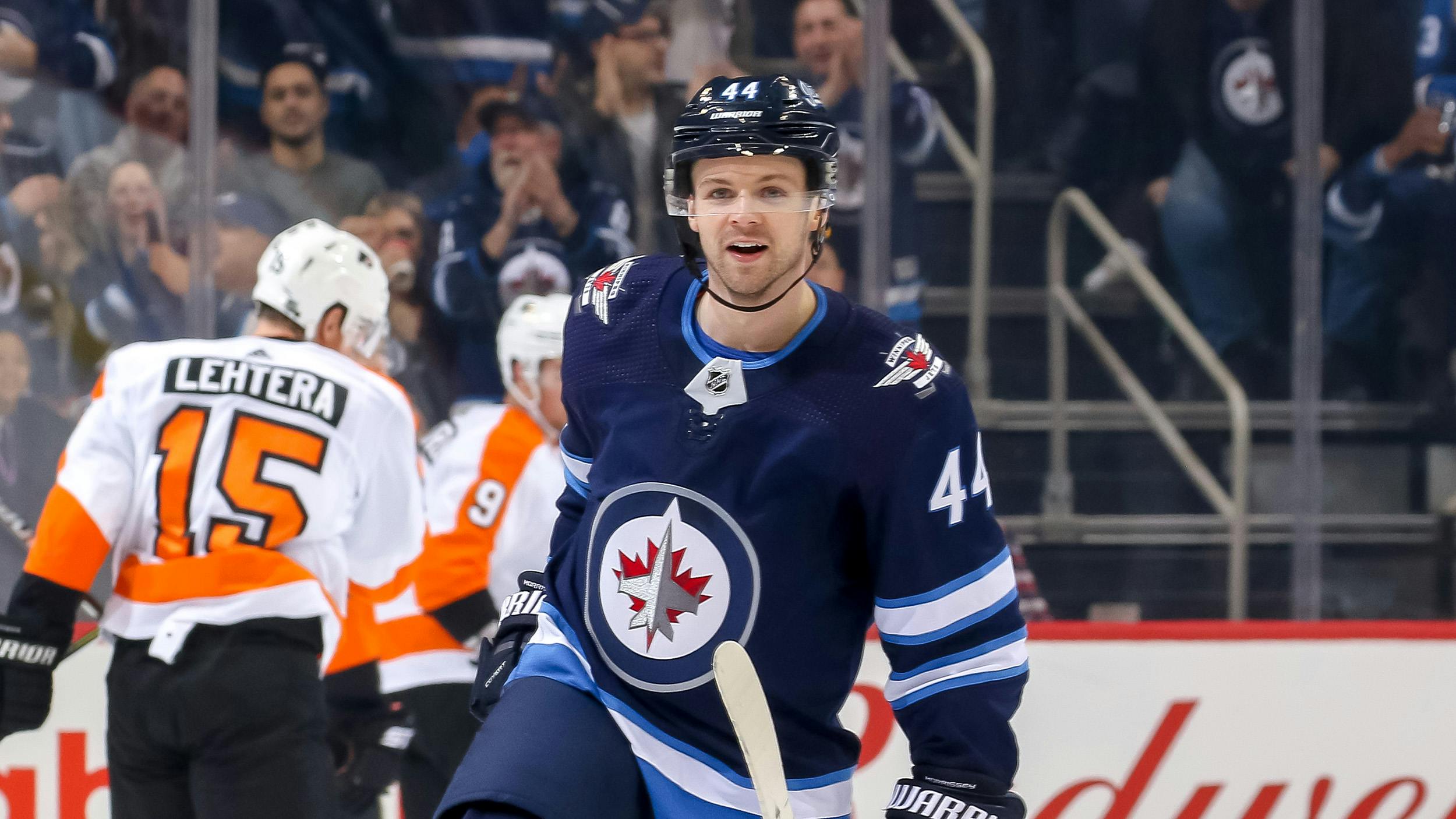Truth be told, hockey in Canada has a long, sad history of being rife with prejudice. From Indigenous mascots and team names to hockey at residential schools and a lack of accessibility to all participants, there is no question that hockey has been used as a subjugating force.
But, as Canada continues to seek avenues toward Truth and Reconciliation, hockey also has the potential to foster positive change.
This isn't a new realization though, and the slow progress forward is sometimes disheartening. Nevertheless, the intersection between Reconciliation and sport is something that Canadian governing sport-bodies and Indigenous leaders have grappled with for years.
In a press release from Western University in 2018, Janice Forsyth, Director of the First Nations Studies Program and Associate Professor at Western University, said, "Hockey is distinct in our national identity and because of its role in the national imagination, it’s an important discussion for reconciliation.”
At the time, Forsyth, along with a group of ten other researchers from across Canada and across disciplines, were coming together to set the groundwork for a five-year study of Indigenous relations with hockey over time, entitled “Decolonizing Sport: Indigeneity, Hockey, and Canadian Nationhood.”
The focus of the research, as stated on Janice Forsyth’s website was to “analyze the role of hockey in the naturalization of the settler Canadian nation-state and the simultaneous mobilization of the sport as a vehicle for libratory self-expression and community building by Indigenous players, coaches, and fans.”
The project — which is still in progress today — aims to identify factors that can be organized toward decolonizing the game.
Within her work, Forsyth points out that the term “decolonizing” not only applies to the need for hockey to accept and repair its colonial baggage and history of racism, sexism, and homophobic discourse but also for the game to be used as an opportunity forward to serve Indigenous resurgence.
But, despite recent efforts by government leaders and sports administrators to understand, track, and address the issues that Indigenous people face due to colonialism within hockey and other sports, those efforts often still reinforce settler-colonial relations.
Because of this, Forsyth says “there is an urgent need to produce an alternative evaluation, grounded in decolonization, that supports Indigenous interests for hockey.”
In response to this need, and in partnership with the project that launched in 2018, Forsyth recently published the research article “Data, Development Discourse, and Decolonization: Developing an Indigenous Evaluation Model for Indigenous Youth Hockey in Canada.”
The survey and subsequent findings aimed to understand how an Indigenous-led sport-for-development model might operate and what makes it unique apart from being run by Indigenous people. Forsyth and her team used the 2019 National Aboriginal Hockey Championships (NAHC) as their pilot. Established in 2002, the NAHC is an Indigenous-led event for under-18 male and female First Nations, Métis, and Inuit youth throughout Canada.
In short, the article found that the NAHC players had life experiences that required different types of support than mainstream hockey leaders have traditionally considered to be important. Subsequently, Indigenous sports leaders within the NAHC were shown to prioritize humanity first.
Forsyth explains: “They see and value strengthening Indigenous families, communities, identities, and cultures, which is radically different than settler colonial logics that treat Indigenous people as problems to be solved, and athletes as commodities to be packaged for different markets. In turn, this humanist approach can directly benefit Canadian hockey culture at large, positively transforming the game's current ethos.”
But, for this Indigenized approach to benefit Canadian hockey culture at large, it’s obvious that further Indigenous representation will be needed in both mainstream sports governance programs and grassroots initiatives.
Canada has to consider “who is at the table” when making these decisions — both locally and nationally. This is something that has been both overdue and an apparent need for quite some time.
In 2015, the Truth and Reconciliation Commission released its Final Report, recommending 94 Calls to Action for the Canadian Government. Number ninety, which relates to sports and Reconciliation, reads, “We call upon the federal government to ensure that national sports policies, programs, and initiatives are inclusive of Aboriginal peoples.”
Hockey Canada — while it still has a long way to go in terms of Indigenous representation — finally took a step in the right direction last year by adding Marian Jacko, an Anishinaabe woman from the Wiilwemkoong First Nation, to its Board of Directors.

Jacko is the Assistant Deputy Attorney General for the Indigenous Justice Division of the Ontario Ministry of the Attorney General. Among her contributions to the legal profession, Jacko was also the first Indigenous person to be appointed as The Children’s Lawyer for Ontario, where she spent twenty years representing and advocating for the personal and property rights of children and youth.
Apart from her legal career and new role with Hockey Canada, Jacko is also the President of the Little Native Hockey League ("Little NHL") in Ontario and the current head coach of the U18A team, New York Storm.
While this is a start, if Hockey Canada and other national sporting bodies are going to propel forward the discourse around Truth and Reconciliation truly, they need to be receptive in prioritizing recommendations made by organizations like Indigenous Hockey Canada and research from Janice Forsyth.
***
As the discourse around Truth and Reconciliation continues to seek avenues toward positive change within the game, the next generation of talented Indigenous hockey players are gearing up to make their own mark at the elite levels of hockey.
In fact, according to HockeyIndigenous.com, there are currently fifty-five Indigenous players across the Canadian Hockey League. Following in the footsteps of current Indigenous NHLers such as Brandon Montour, Calen Addison, Travis Hamonic, Ethan Bear, TJ Oshie, and recent Stanley Cup winner Zach Whitecloud, to name a few, this next crop of aspiring elite junior players includes some highly anticipated names.
Of those, one name that NHL scouts will be tracking very closely over the next few seasons is Gavin Mckenna (Hän from Trʼondëk Hwëchʼin First Nation, Yukon).
In 2022, McKenna was picked No. 1 pick in the WHL bantam draft by the Medicine Hat Tigers, and in his first WHL game — at just 14-years-old — he blew the doors off his junior debut, scoring four points against the Lethbridge Hurricanes.
While McKenna was only allowed to play a limited number of games in the WHL last season as an underager, Tigers coach-GM Willie Desjardins slotted him into the lineup late in the season while Medicine Hat was in the heat of a playoff hunt. During those eight games, McKenna did not disappoint, leading the Tigers in scoring.
At this point, while admittedly it's still early, Mckenna is considered by many to be the number one prospect available for the 2026 NHL Entry Draft.
As the Mckenna hype-train continues to pick up traction over the next couple of seasons, it’s only inevitable that Mckenna, along with this group of many other elite Indigenous players pursuing hockey their aspirations, has the potential to inspire an even larger wave of Indigenous interest in the game of hockey.
Needless to say, the future of Indigenous hockey is bright.












Comments